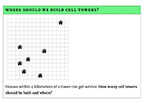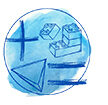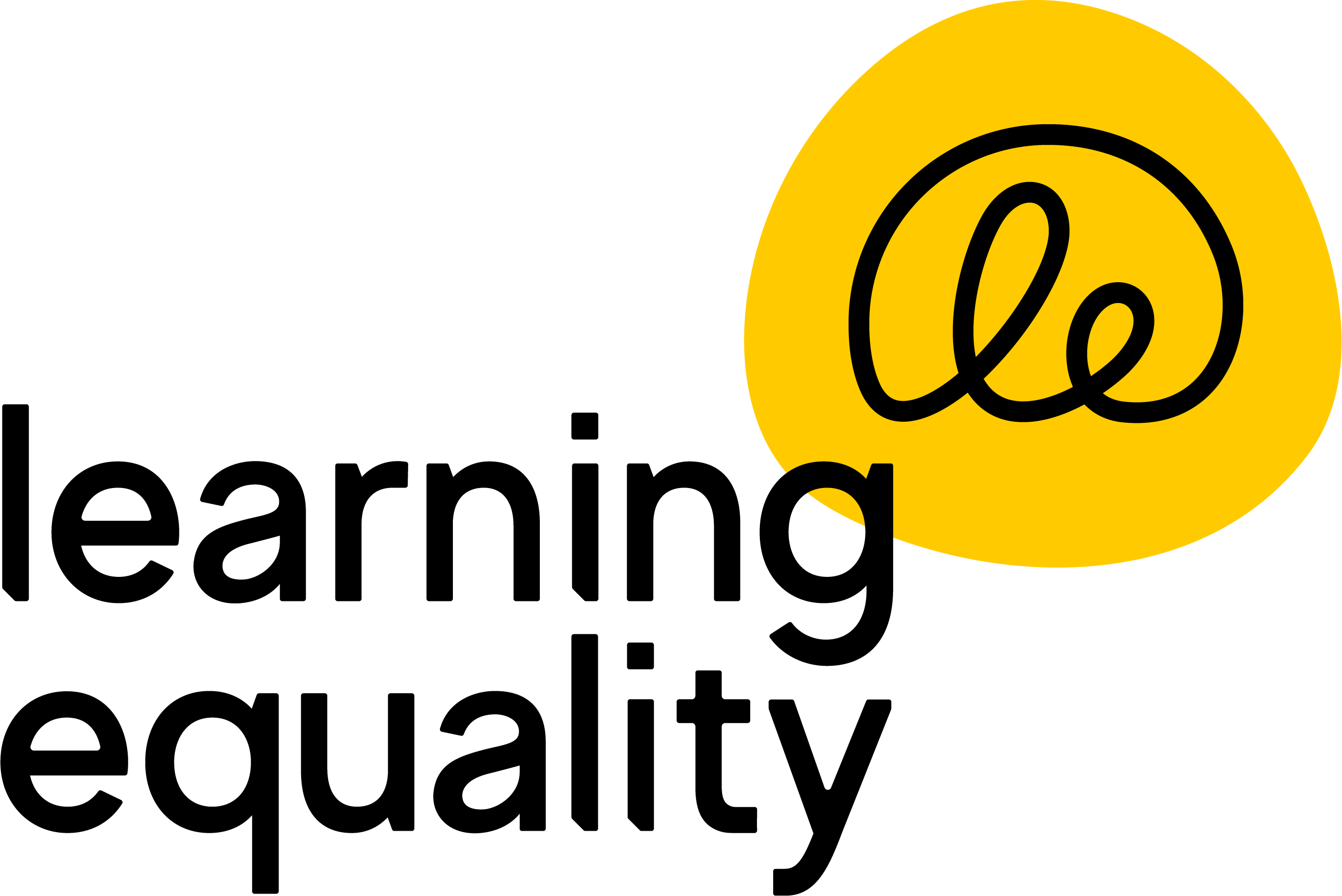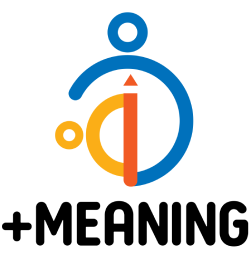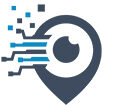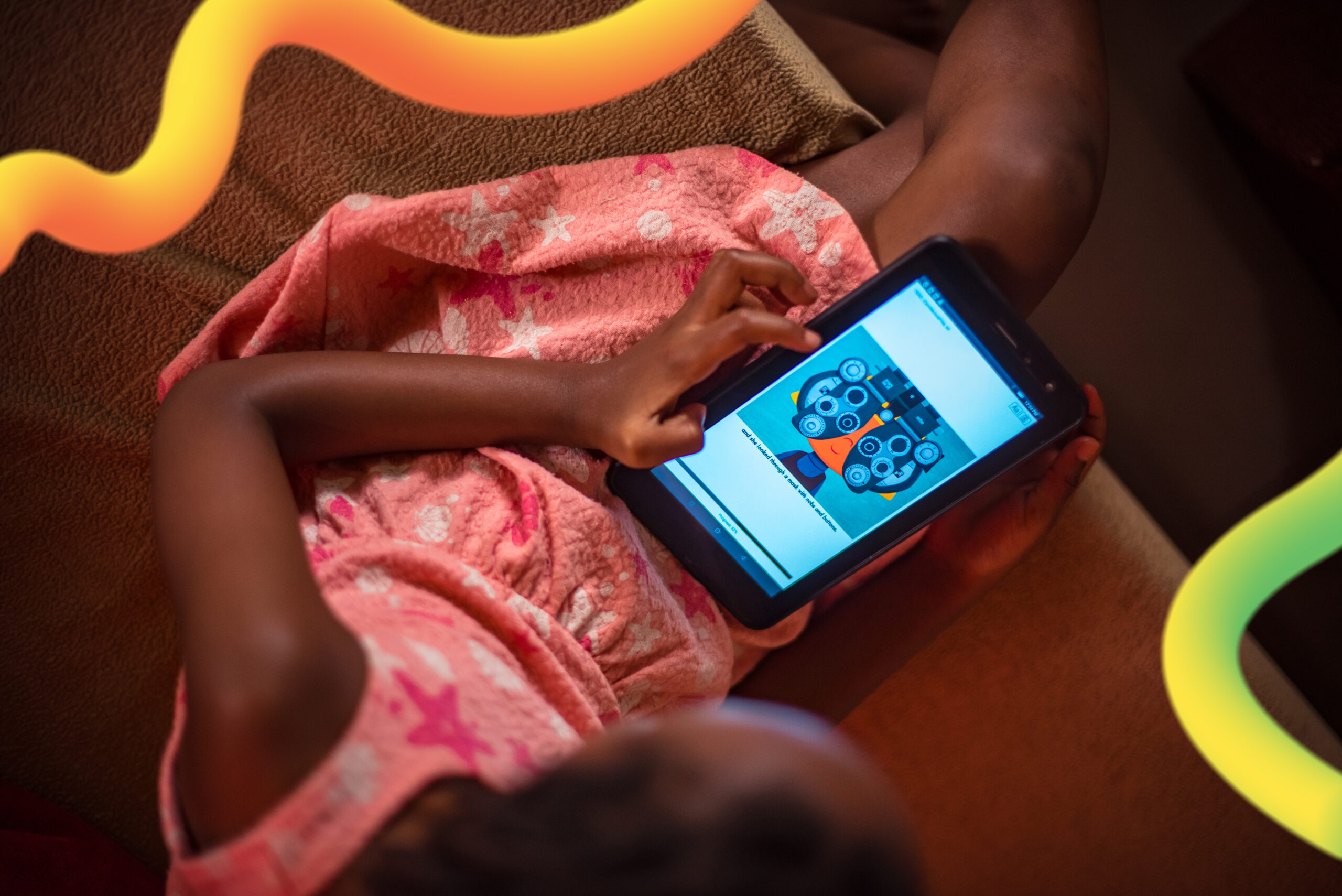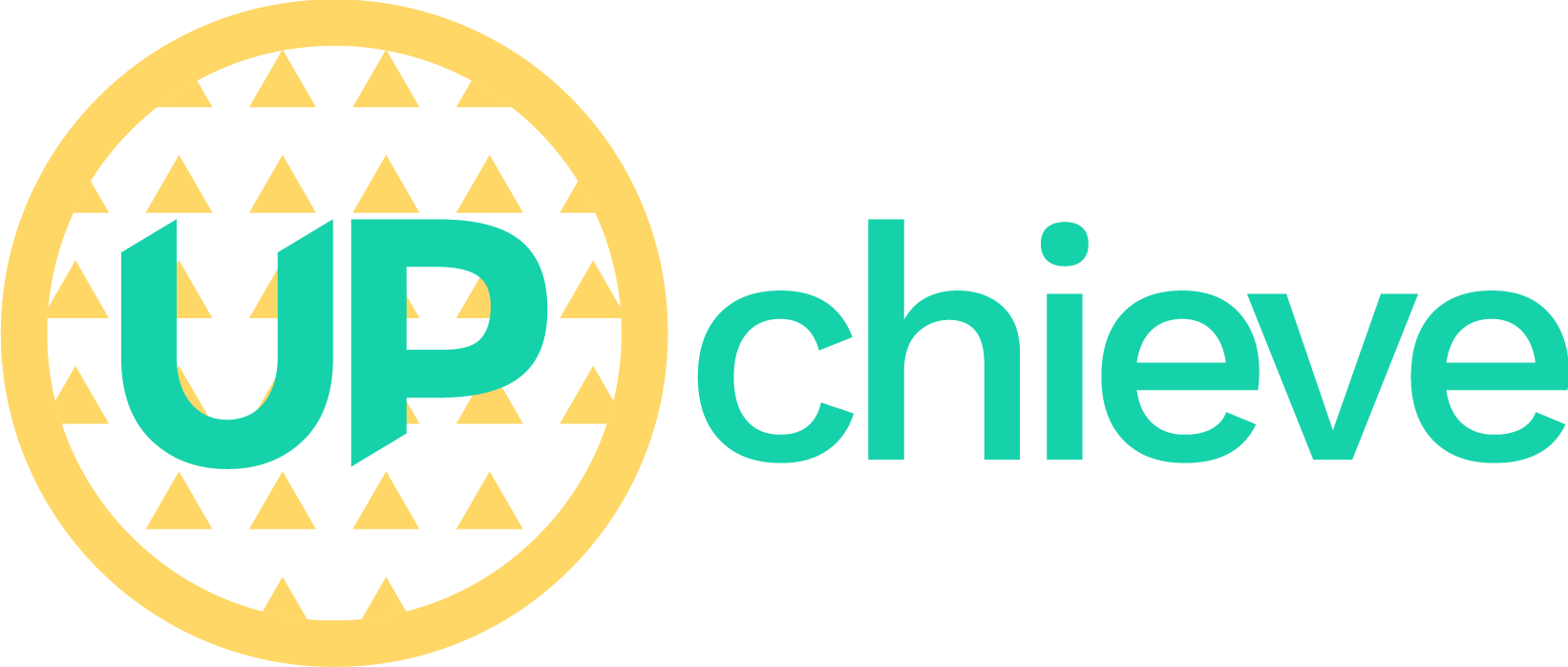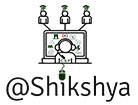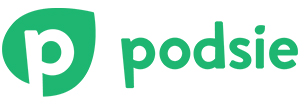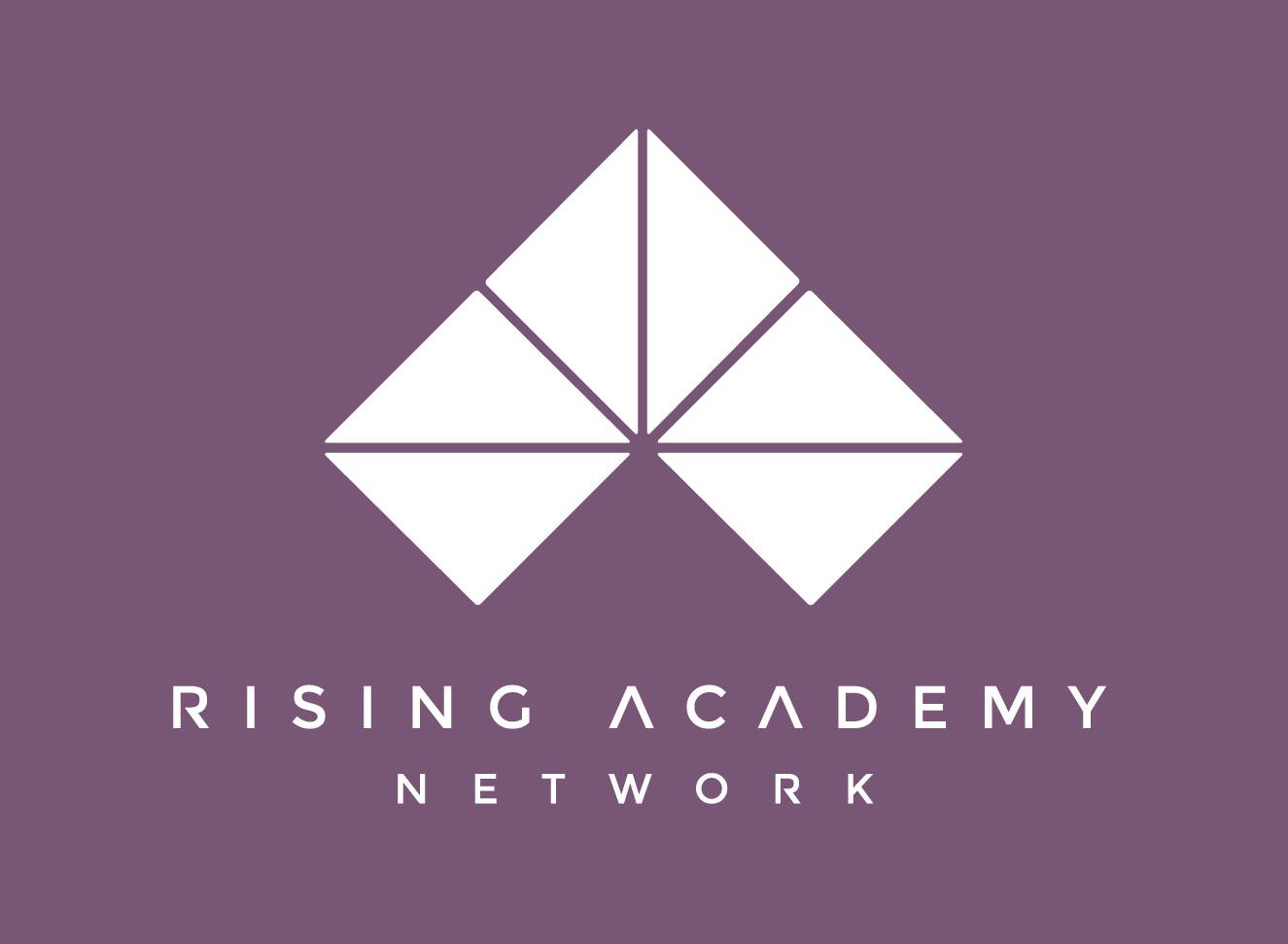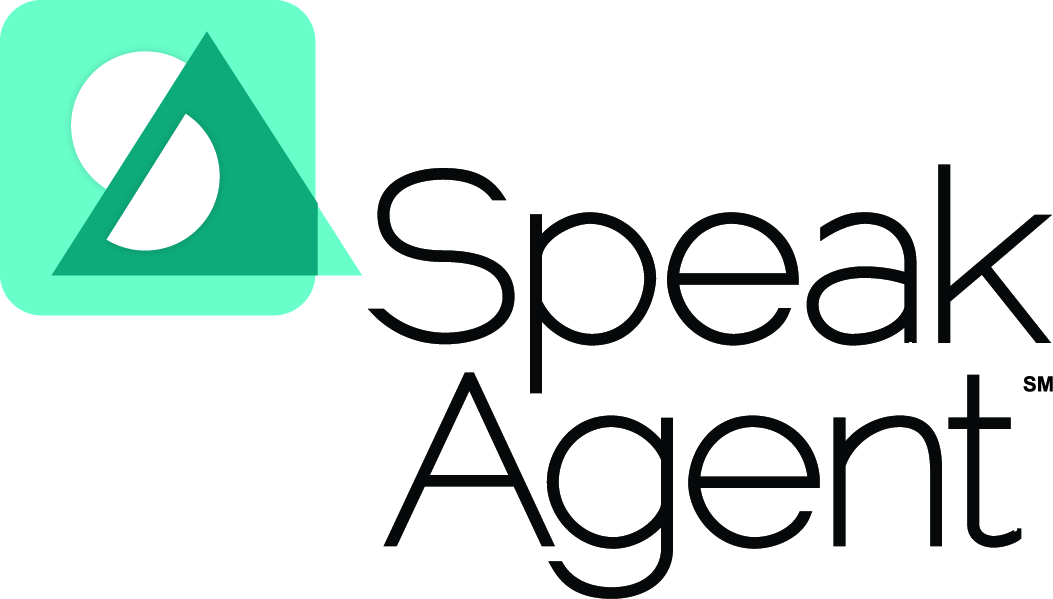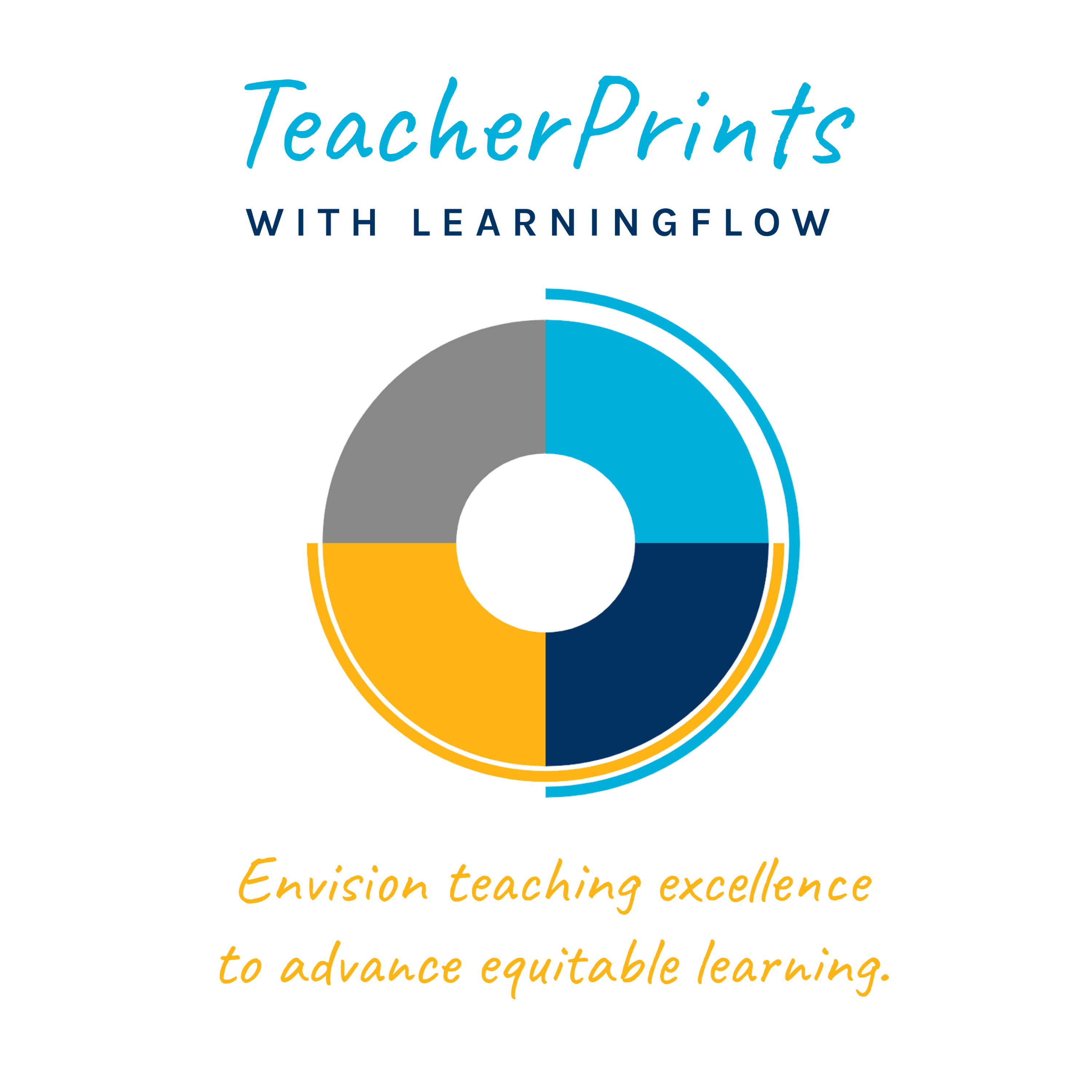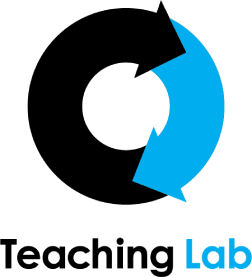Since its first cycle, the Tools Competition has named 150 winners from 48 countries. Winning tools are impacting nearly 50 million learners and educators from early childhood to adulthood. Learn more about each of the winning tools and teams below.
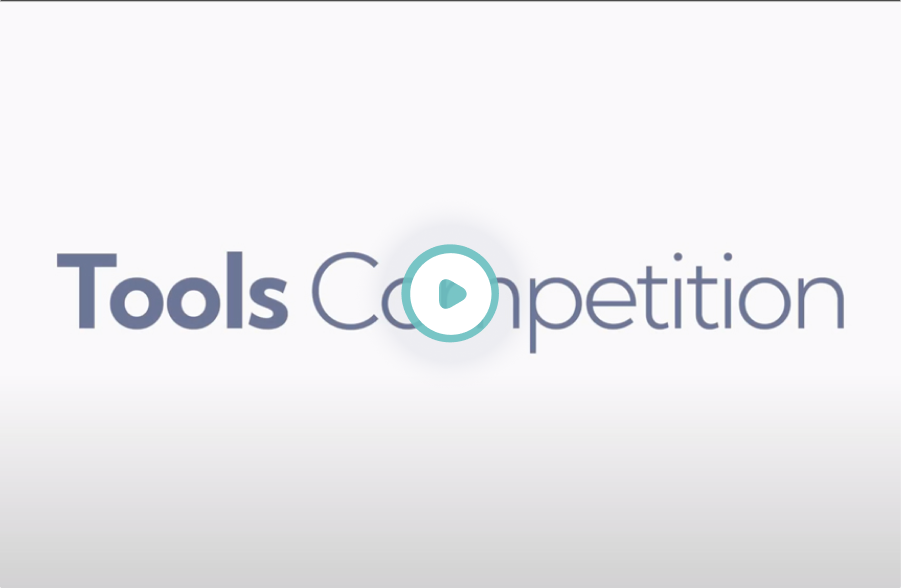
Learn about the Winners
Our Winners are Accelerating Learning Worldwide
Winners
- Teacher Tapp
x
Winners
- NABU Formative Literacy Assessment
x
Winners
- TOY8 Screening
- Smart Paper
x
Winners
- BRIGHT_START
x
Winners
- AI Agent for Literacy Teachers
- MindHive
- ChatClass
x
Winners
- NABU Formative Literacy Assessment
x
Winners
- Kvasir
x
Winners
- Kenyan Sign Language Acquisition Assessment Tool
- Lazuli
- School Impact Platform
- Proxima
- AnSearch
- Tilli
- Teacher Tapp
- Ocobox
- Peer Assisted Learning Systems
- READ-Y
x
Winners
- Hunu
- Rising On Air Interactive
x
Winners
- Darsel
x
Winners
- Markr: The AI-Assisted Grading Tool
x
Winners
- Wumbox
x
Winners
- Shaia
x
Winners
- Beaj: Skills for Tomorrow
x
Winners
- READ-Y
x
Winners
- Play My Math
x
Winners
- MindHive
x
Winners
- Botter
x
Winners
- Automated Pre-/Post-Testing in Kolibri for Offline Learning Environments
- Dyscover
- Wumbox
x
Winners
- Yiya AirScience
x
Winners
- TOY8 Screening
x
Winners
- Generation
x
Winners
- Lazuli
- Adaptiv’Math
x
Winners
- Annie the Student Support Bot
x
Winners
- Kenyan Sign Language Acquisition Assessment Tool
- Hunu
- Clair
- Botter
- Teacher Tapp
x
Winners
- Circles Learning
x
Winners
- CareerInfront
x
Winners
- CatnClever
- Scholé
x
Winners
- Shaia
- LiteracyLeap: AI-Assisted Literacy Assessments
x
Winners
- Circles Learning
- MindHive
- Escritura+
- Math with +Meaning
- Wumbox
x
Winners
- Learner Profile for Personalized Learning
- QuickTA
x
Winners
- Corinth
x
Winners
- Kenyan Sign Language Acquisition Assessment Tool
- EIDU Contributor Platform
x
Winners
- KOBI
x
Winners
- Rising On Air Interactive
x
Winners
- Shaia
x
Winners
- Play My Math
- EIDU Contributor Platform
x
Winners
- Corinth
- Journify Learning
- Understanding Search Behavior in Offline Contexts with Kolibri
- Sway
- Simulated Work-based Learning (SWBL)
- CHECKPOINT
- MentorAI
- CourseWise
- Lazuli
- The BLAST Children Bilingual Speech Dataset
- MyCoach AI: Empowering College Success at Scale
- EdLight: Understanding GoalLight’s Impact on Supporting Diverse Learning Communities
- LiteracyLeap: AI-Assisted Literacy Assessments
- Sing and Speak 4 Kids: Make Your Own Song
- ThinkHumanTV
- Artificial Mentors for Student-Driven Projects
- Tyto Online: Math
- Automated Pre-/Post-Testing in Kolibri for Offline Learning Environments
- Terracotta Messages
- Aiphabet School
- LENA Grow: Support for Increased Interaction in Early Childhood
- LessonLoop
- The Portal by New Visions
- ReSource
- Personalized, Timely, Proactive Faculty Support of Online Students
- FIND-C
- COEMET Coach
- AI-BRIDGE
- App Inventor Mobile Data Science Toolkit
- Quandary
- AnSearch
- ImBlaze
- KiwiWrite Math
- Handwritten Math Benchmark for LLMs
- Little Language Models | CoCo
- OATutor-GenAI
- CrystalSTEM
- QuantHub Challenge
- ConRAd: Conversational Research Advisor
- Socratic Mind
- MindHive
- Game-Based Training in 5G Hands-On Engineering Skills
- HVAC Hero
- Codesafe
- Scholé
- Experience Translator
- CurioAI Learning Companion
- Coteach.ai
- Unlocking Opportunity: Tools for Incarcerated Learners
- The AI Guide
- Career Coach
- The Platform for Actionable Reading Assessment
- The Mathematical Discourse Teaching Simulator
- Tilli
- Generation
- ThinkCERCA Writing and Feedback Tool
- Escritura+
- RightOn!
- Early Numeracy Learning Intervention
- NABU Formative Literacy Assessment
- Reading So Lit
- The Growth Coach
- Hilight
- iThrive Sim
- EdMod Smart Rosters
- AI-Learners
- Teacher Moments
- REACH College and Career Pathways
- PeerTeach
- READ-Y
- Rapid Online Assessment of Reading (ROAR)
- pABC APP
- consistentlyBetter
- ASTRA
- Unreal Virtual Factories
- Skills Empowerment Passport
- QuickTA
- HyperSkill
- Elevate
- Caselet
- Automated Assessment of Classroom Discussion Quality
- Scalable Methods for Customized Digital Learning
- Open Game Data
- Understanding Mind Wandering During Learning
- M-Powering Teachers
- My Academic Pathway Toolkit
- UnlockEd
- Fast Cycle Feedback
- Tracking the Math Process
- Short Answer
- Actionable Assessment
- ART-Math
- Oko
- Authentic Math Problems & Solutions
- RecapCS
- Automated Readability Tool for English (ARTE)
- TeacherPrints with LearningFlow
- Graspable Math Teams
- Boost
- Speak Agent Math+Language
- Teaching Lab Plus
- On-Demand Math Tutoring
- Multimodal Toolkit
- Podsie
- Springboard’s At-Home Literacy Screener
- Kolibri
x
Winners
- ThinkCERCA Writing and Feedback Tool
x
Winners
- BRIGHT_START
x
Winners
- Tilli
x
x
Winners
- TUMO Learning Coach
x
Winners
- Shaia
- ThinkCERCA Writing and Feedback Tool
- Wumbox
x
Winners
- Bookbot: Reading Coach for Early Grades
- Dyscover
- NABU Formative Literacy Assessment
x
Winners
- GrouPer
x
Winners
- Understanding Search Behavior in Offline Contexts with Kolibri
- AI-Enabled Oral Reading Fluency in Hindi
- ReSource
- Tilli
- Smart Paper
- Peer Assisted Learning Systems
- Plio
- YouthNet
- Play. Connect. Learn.
- ThinkZone
- Early Numeracy Learning Intervention
- Darsel
x
Winners
- Bookbot: Reading Coach for Early Grades
x
Winners
- Bookbot: Reading Coach for Early Grades
x
